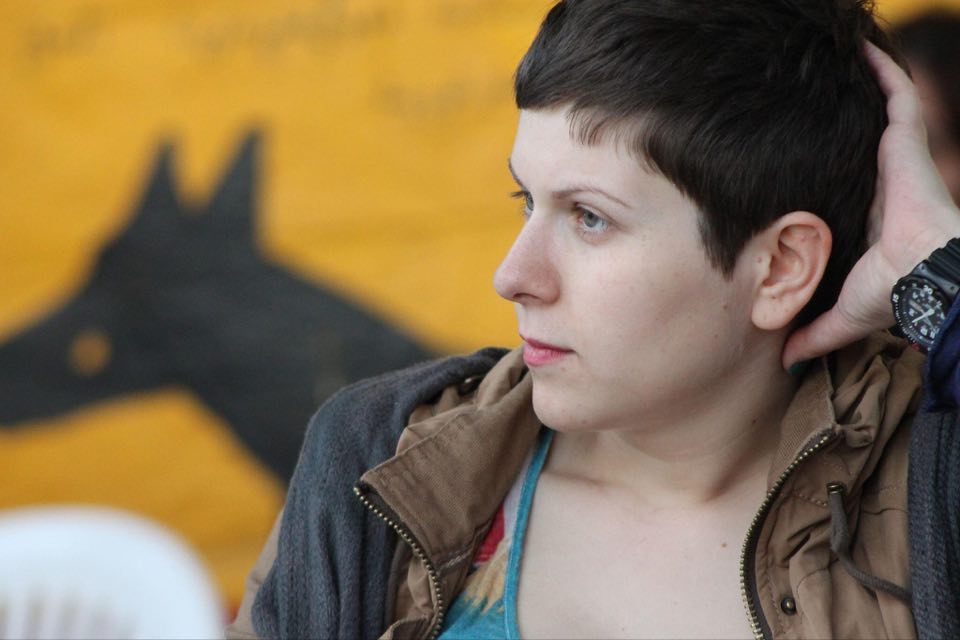In the words of Nastasia Arabuli: „I would be happy if this isolation exposes the sheer degree of women’s responsibilities“
Date:

The journalist of radio liberty, Nastasia Arabuli works closely with UN Women in Georgia as she actively covers women’s issues. Nastasia was taking part in various UN Women projects - interactive exhibition “Interior of Violence” and Editathon, an initiative devoted to the future Georgian women editors of Wikipedia. The event was carried out by UN Women in 2018 in partnership with Wikipedia and Swiss Embassy in Georgia.
![]()
This story is very similar to post-partum depression - you find yourself in an unfamiliar, strange condition, thinking about a thousand different things. Now you are scared, then you are nervous. You read whatever you can, while what you actually want most of all is just to be alone, to have some time for only yourself in order to cope with your anxieties, to realize what is happening to you. But it is impossible – there are little ones who are dependent on you and need your care.
Now that schools and kindergartens have been closed for three months already, and the house has at the same time become an office, school and playground, stabs of conscience don’t give you a minute of peace, since you cannot devote as much time to your children as you used to, either at weekends or during holidays. In addition, you worry about your job: now you are cooking, while you could as well transcribe an interview and finish your work on time at least today.
It might not seem like the right time to speak about it, but I feel doubly irritated when I see that schools send emails solely to mothers. The standard is still that women take care of the home. While mothers say that their husbands help them with housework and gratefully point out how it reduces stress in their everyday life, the recommendations to take better care of the house are addressed solely to women. As to the coronavirus, it is female medical nurses who take care of the patients infected with this contagious disease and who represent the most underpaid employees within the medical sphere. This insidious and incomprehensible infection has revealed that on the one hand, our knowledge is too limited, and on the other hand, our perceptions about equality have nothing in common with actual egalitarianism.
There is a feeling that after COVID-19, nothing will be the same. I cannot say that I believe in the inevitability of radical changes, but I would be happy if this timespan of isolation exposes the sheer degree of women’s responsibilities, deeds and emotions. I wish it could change the norm and inspire men to do more housekeeping, not just “help women”, and also reform the system to allow women to occupy higher-level positions in their business careers".